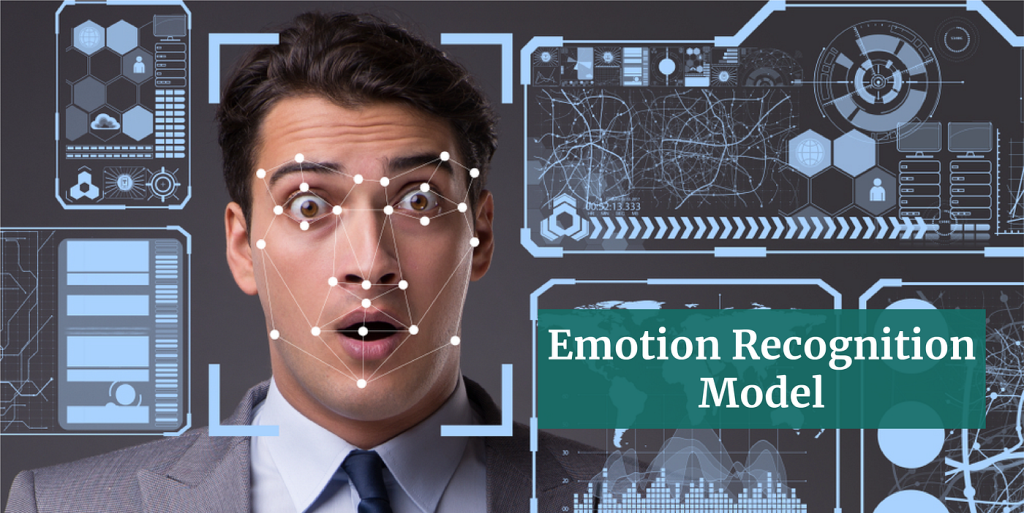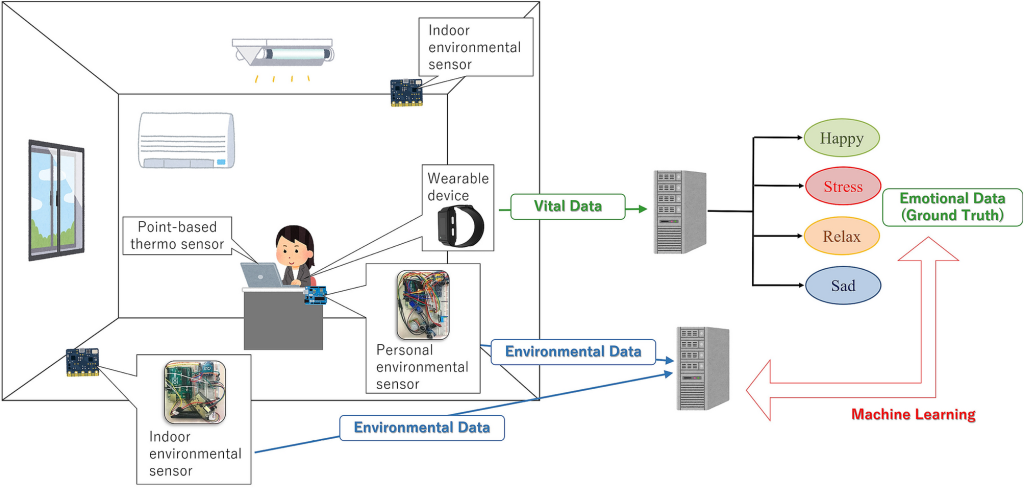Upgrade & Secure Your Future with DevOps, SRE, DevSecOps, MLOps!
We spend hours on Instagram and YouTube and waste money on coffee and fast food, but won’t spend 30 minutes a day learning skills to boost our careers.
Master in DevOps, SRE, DevSecOps & MLOps!
Learn from Guru Rajesh Kumar and double your salary in just one year.

Have you ever wondered how machines can detect human emotions? It may sound like something straight out of a science fiction movie, but emotion detection tools are a reality in today’s world. These tools leverage the power of artificial intelligence (AI) to analyze human emotions and provide valuable insights that can be used in various industries.
In this article, we will take a deep dive into the world of emotion detection tools. We will explore how they work, their applications, and their impact on society. So, buckle up and get ready to explore the fascinating world of AI-powered emotion detection!
What Are Emotion Detection Tools?
Emotion detection tools are software applications that use AI to analyze human emotions. They can detect emotions such as happiness, sadness, anger, fear, and surprise by analyzing a person’s facial expressions, tone of voice, and body language.
These tools use machine learning algorithms to analyze vast amounts of data and learn how to recognize different emotions accurately. They can be integrated into various applications, such as customer service chatbots, video conferencing platforms, and social media monitoring tools.
How Do Emotion Detection Tools Work?
Emotion detection tools work by analyzing various facial features, such as the position of the eyebrows, the shape of the mouth, and the movements of the eyes. They also analyze the tone of voice, the speed of speech, and the pitch of the voice.
These tools use deep learning algorithms to analyze this data and identify specific emotions accurately. They can also detect changes in emotions over time, such as when a person’s mood shifts from happy to sad.
Applications of Emotion Detection Tools
Emotion detection tools have a wide range of applications in various industries, including healthcare, education, marketing, and customer service. Let’s take a closer look at some of these applications.

Healthcare
Emotion detection tools can be used in healthcare to monitor patients’ emotional states and provide early warning signs of mental health problems. They can also be used to diagnose conditions such as depression and anxiety.
Education
Emotion detection tools can be used in education to monitor students’ emotional states and provide personalized feedback based on their emotional responses. They can also be used to identify students who may be struggling with mental health issues and provide them with the support they need.
Marketing
Emotion detection tools can be used in marketing to analyze customers’ emotional responses to advertising and product campaigns. This data can be used to optimize marketing strategies and improve customer engagement.
Customer Service
Emotion detection tools can be used in customer service to analyze customers’ emotional states and provide personalized responses based on their emotional responses. This can help to improve customer satisfaction and loyalty.
The Impact of Emotion Detection Tools on Society

Emotion detection tools have the potential to revolutionize various industries and improve people’s lives. However, they also raise various ethical and privacy concerns.
For example, some people may feel uncomfortable with the idea of machines analyzing their emotions. There are also concerns about the potential misuse of emotion detection data, such as using it to discriminate against certain groups of people.
Therefore, it is essential to have clear regulations and guidelines in place that ensure the ethical use of emotion detection tools. This includes ensuring that people’s privacy rights are respected and that the data collected is used only for legitimate purposes.
Conclusion
Emotion detection tools are a fascinating example of how AI is transforming our world. They have the potential to revolutionize various industries and improve people’s lives, but they also raise various ethical and privacy concerns.
As we continue to develop and refine emotion detection tools, it is essential to ensure that they are used ethically and responsibly. By doing so, we can unlock the full potential of these tools and create a more empathetic and compassionate world.

 Starting: 1st of Every Month
Starting: 1st of Every Month  +91 8409492687 |
+91 8409492687 |  Contact@DevOpsSchool.com
Contact@DevOpsSchool.com